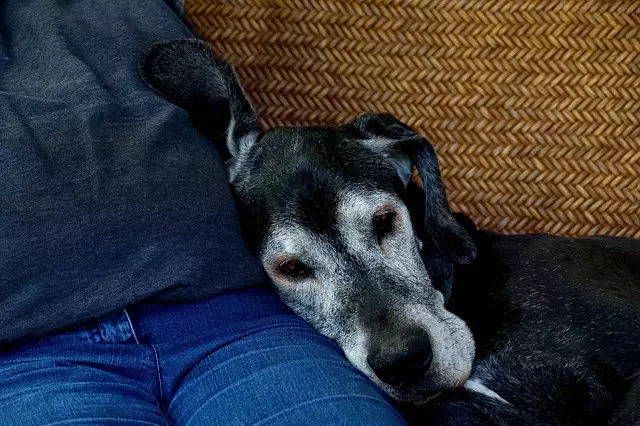Welcoming a senior dog into your home or caring for an aging pet might seem daunting, but with the right preparation, you can ensure a comfortable and loving environment for your furry friend. Unlike younger dogs, senior dogs require more specific care tailored to their physical and emotional needs. This article will delve into the crucial steps you need to take to create a safe, supportive home for your senior pet.
Senior dogs, typically those aged around six to twelve years depending on their breed, come with unique challenges and needs. As dogs age, their bodies undergo changes that may affect their mobility, senses, and overall health. Owners must recognize that these beloved companions may face issues such as arthritis, incontinence, anxiety, and a decreased ability to navigate their surroundings. By understanding these challenges, caregivers can proactively make adjustments to enhance their pets’ quality of life.
Before bringing a senior dog into your home, consider their comfort and mobility. A crucial aspect of this is providing them with a supportive resting place. Orthopedic beds can help alleviate joint pain and ensure a good night’s sleep. If you plan to allow your dog to sleep with you, consider setting up a ramp or steps to facilitate easier access to your bed. This minimizes strain on their joints and encourages a sense of security as they rest.
Additionally, it’s vital to think about the flooring in your home. Dogs with arthritis or weakened limbs may struggle on slippery surfaces. Non-slip rugs or runners can provide much-needed traction, while booties designed for grip can also aid their navigation. Ensuring that their living area is easily navigable can significantly boost their confidence and independence.
Establishing a consistent daily routine is paramount for senior dogs. Just as humans benefit from a structured day, so do our canine friends. Familiarity with feeding, walking, and bathroom schedules can help mitigate anxiety and create a sense of security. For newly adopted senior dogs, sticking to a routine can ease their transition into your home and help them adjust more smoothly.
Be mindful of how changes in your weekend routine may impact your dog’s schedule. Dogs thrive on predictability, and inconsistency can lead to confusion and stress. Timing meals to coincide with bathroom breaks can significantly reduce accidents, which are unfortunately common in senior dogs.
As dogs age, they may develop various health issues. Conditions such as diabetes, heart disease, and cognitive dysfunction can emerge, necessitating regular veterinary check-ups and potential lifestyle adjustments. Prospective owners should prepare themselves emotionally and financially for potential health complications, understanding that early intervention can often lead to better outcomes.
Selecting a trustworthy veterinarian who specializes in geriatric care is a crucial step. Before bringing your dog home, identify a reliable vet and familiarize yourself with any nearby emergency clinics. This proactive step can alleviate stress when unexpected health issues arise.
Aging can impede a dog’s behavior, sometimes leading to anxiety or disruptiveness. If your senior dog has recently transitioned from a shelter or previous home, they may experience separation anxiety, particularly in the initial adjustment period. Implementing measures like providing a safe space, crate training, or gradual desensitization can help alleviate stressors.
It’s also essential to address potential destructive behavior, which can result from anxiety or boredom. Ensuring that your dog has toys and mental stimulation can help assuage boredom-related issues. However, setting boundaries—such as restricting access to certain rooms or using baby gates—can prevent unwanted behavior from escalating.
As a thoughtful pet owner, investing in your senior dog’s well-being is of utmost importance. Consider items such as raised feeders to make eating easier, ramps for entering vehicles or navigating stairs, and specialized medical supplies, including diapers for incontinence issues and premium dog food tailored for senior diets.
Every dog’s needs are unique. Take the time to assess your dog’s specific requirements and seek advice from veterinarians or pet experts when necessary. Preparing your home and lifestyle to accommodate your senior dog’s needs will enrich their golden years and allow you to focus on what truly matters—enjoying your time together.
Being a responsible and loving caretaker for a senior dog necessitates thoughtful preparation and ongoing commitment. By addressing their health, comfort, routine, and behavior, you ensure that you provide your cherished companion with the best quality of life possible.


Leave a Reply